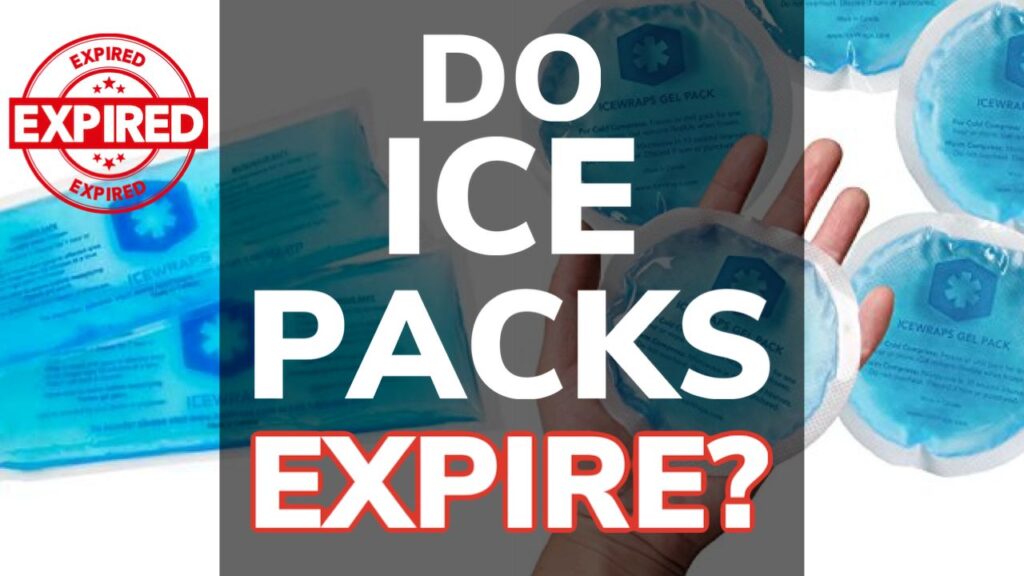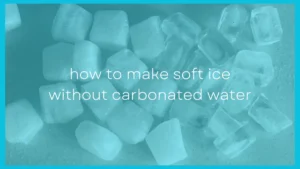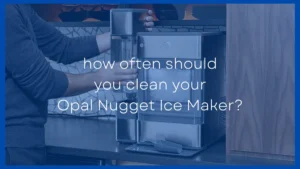Gel ice packs are used by millions of people to apply to injuries, reduce swelling or to keep our lunch cold throughout the day.
But often these will live in your freezer for years, getting used sporadically or hardly at all. So you might ask do gel ice packs expire?
Do these gel ice packs have an expiry date and if so how long do they last and how often should you replace them?
Most gel ice packs don't expire and display no expiry date. While some suggest they expire after 18-24 months they are not being used for consumption and are protected by thick plastic exterior so even if they expire they pose no health issues if you continue using them.
There is nothing really in gel ice packs that poses a health threat as the packs “expire” because you're not eating it and it's not directly touching your skin.
Food expires when it goes moldy or poses a health risk if you were to eat it, generally from the growth of bacteria. Medicines have an expiry date as the active ingredient can break down making them less effective.
But what is there in gel packs to expire? The gel may turn less jelly and start to freeze harder but even that is unlikely.
Regardless, this question of if gel ice packs expire has been bugging me for some time so I've done some digging into the ingredients commonly used in gel packs and we'll look at them one on one to see if they actually expire.
At this point I would like to point out that the liquid in ice packs is non-toxic, so while they have some big chemical names they aren't dangerous to humans in the small quantities found in gel ice packs.
Hydroxyethyl Cellulose – 3 Years

This is commonly used in gel ice packs and according to The Dow Chemical Company if it is kept in a dry, cool warehow in unopened bags it remains within specification for 3 years after the date of manufacturing.
But after 3 years that doesn't mean that it is dangerous or that it looses all of its properties. It just means that it may start to break down and change form after this time.
Propylene Glycol
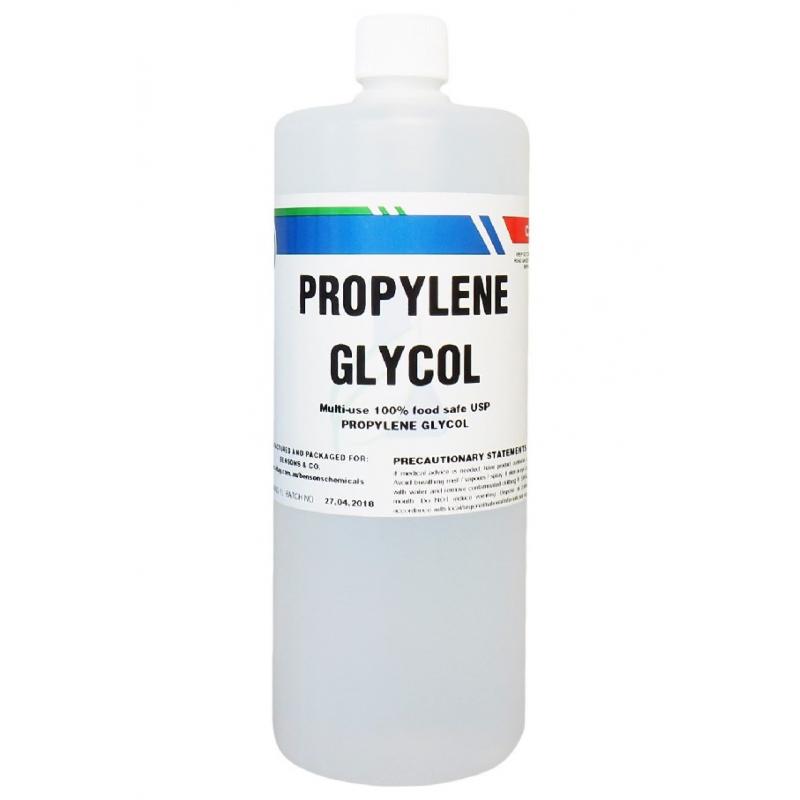
Propylene glycol helps gives ice packs their thick gel like feel and lowers the freezing temperature.
According to Dow Propylene glycol has a shelf life of “at least 2 years”. They say:
With increasing storage time, dependent on the storage conditions, the water content, color, odor and acidity can increase.
So while it may change it's properties overtime, for the use of a cold substance in a sealed ice pack it should continue to be fine years after it's expiry date.
Silica Gel
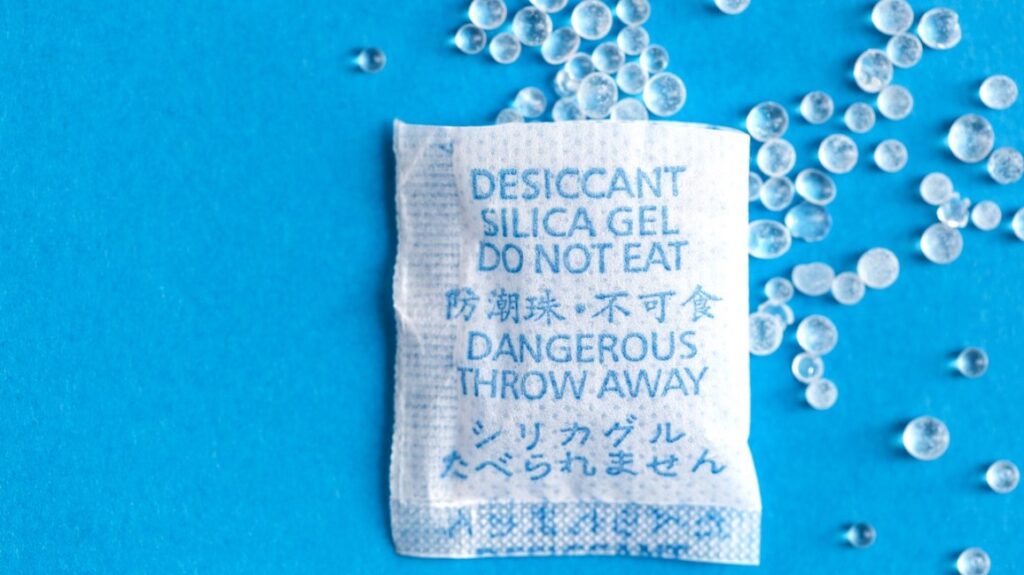
Silica gel beads can sometimes be used in gel packs. Because they adsorb water well and don’t stick together they can be frozen but still be able to be molded onto unusual shapes.
Silica gel effective has no expiry date and can be used and reused for extremely long periods of time without issue.
Isopropyl (Rubbing) Alcohol
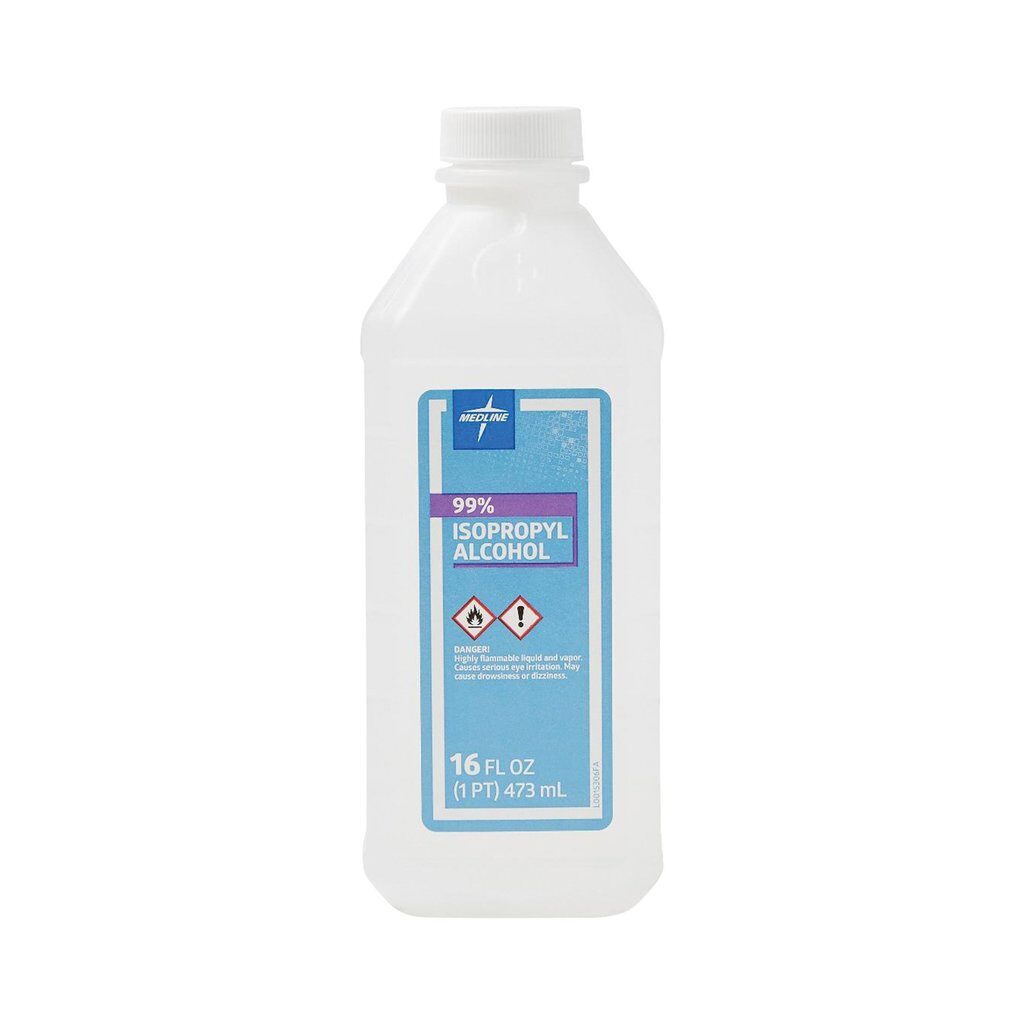
A common method for making reusable ice packs at home is to combine water with isopropyl alcohol, also known as rubbing alcohol.
This has a shelf life of approximately 3 years but again nothing dramatic is going to happen to your ice pack as the alcohol passes its shelf life. The freezing consistency may change slightly if at all.
Salt Water
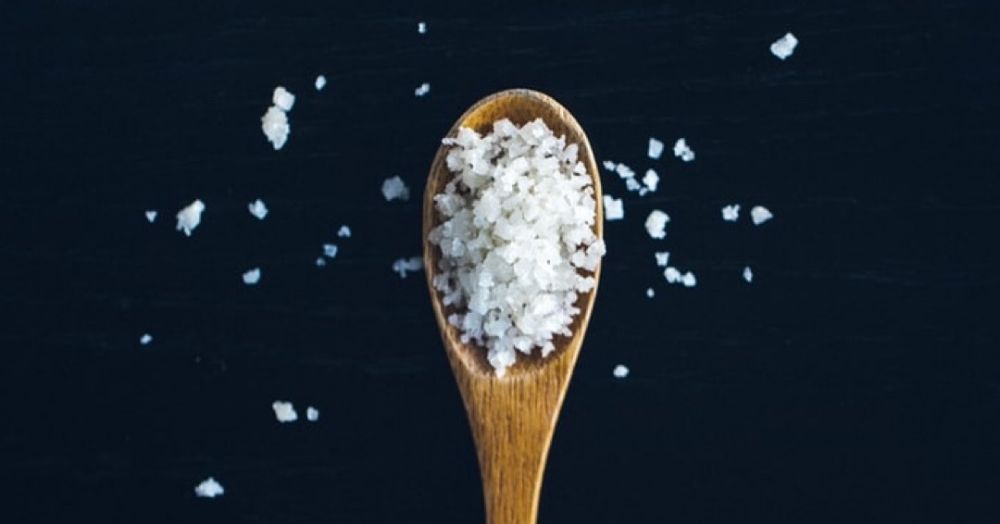
You can also make a reusable ice pack with salt water. Salt water doesn't have an expiry date…I mean look at the ocean!
What Happens To Gel Ice Packs When They Expire?
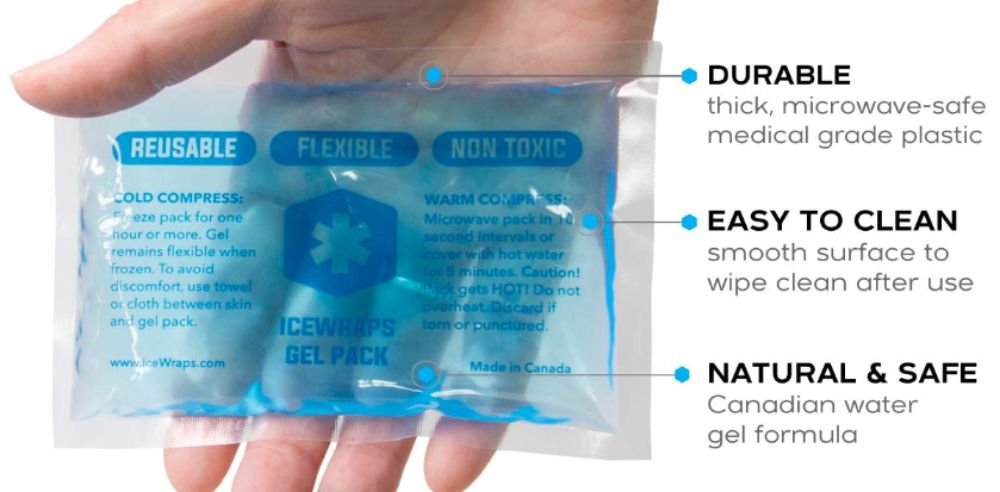
What exactly would happen if you continued to use an ice pack beyond its expiry date? The answer may surprise you…
Using an ice pack beyond its expiry date is completely fine. Chances are you will have no noticeable change in the ice pack after it's expiry date. The only thing you need to be aware of is the external plastic and if it shows signs of degradation, cracking or leaking.
It's unclear why companies put expiry dates on ice packs and I'm yet to see any negative stories from people that arose from using an ice pack after it's expiry date.
As we saw up above the common ingredients used in ice packs either have no expiry date or last a couple of years.
Ingredients like propylene glycol may begin to change after a couple of years but this change will be slow and progressive. It won't happen all at once and most of it will be unnoticeable to you.
Maybe the consistency of the ice pack changes over time and might begin to freeze harder than it use to, more like a regular ice brick but really it's unlikely you'll see any change.
The biggest potential issue to look out for is the external plastic potentially breaking and leaking.
Plastic doesn't last forever and while ice packs are made from thick and durable plastic eventually they can fail and leak the inside ingredients everywhere.
This doesn't pose any major health risks, even if the ingredients in the ice pack touch your skin but they will make a huge mess and usually aren't worth fixing as it's just easier to replace them.
So as you can see you don't have to worry about gel packs expiring. While they may technically expire it's unlikely to affect the performance of the product or have any health risks associated with it.
Just make sure to throw your ice pack out if the exterior plastic breaks and it starts to leak.

